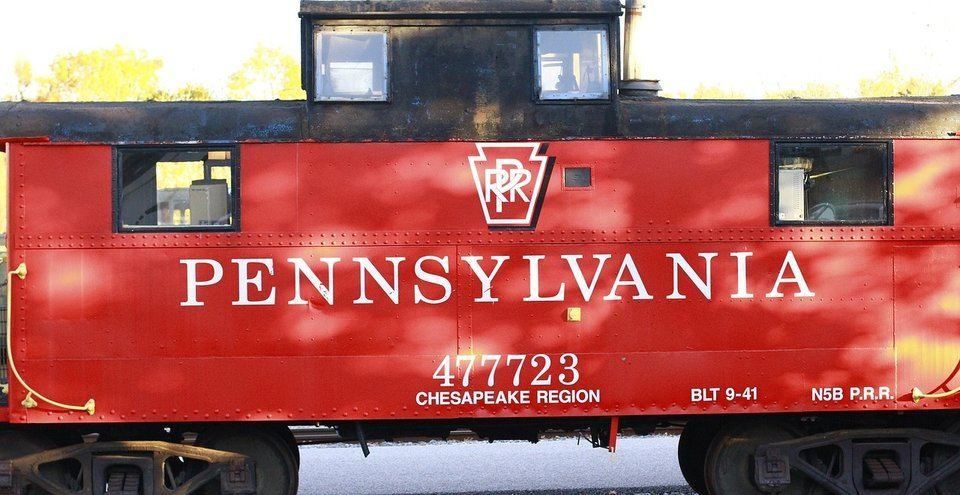 Image Source: Pixabay
Image Source: Pixabay
If you live in PA and you're organizing your estate, it helps to have an overview of Pennsylvania will laws. This state has a probate process that's known for being lengthy as well as slightly unusual. Therefore, it pays to plan ahead. Having a general outline of the procedures that are involved may help you save time as well as money.
This overview is to help you understand how to best plan for and manage the probate process to your advantage.
How Probate Works Under Pennsylvania Will Laws
Probate means to prove that a will is valid. It's a routine process that occurs when someone passes. In addition to "proving" the validity of the will, probate also considers and settles the following matters:
- Cataloging: Making an inventory of the property owned by the deceased at the time of death. This includes assets beyond just real estate, such as:
- Jewelry
- Bank accounts
- Cars
- Furniture
- Interest in an LLC, corporation, or partnership
- Life insurance
- Any brokerage account where the estate or the deceased is listed as a beneficiary
- Appraising: Determining a dollar value for the property
- Settling: Paying off all debts and tax owed by the deceased
- Distributing: Taking what's left over after settling the debts and distributing it among the entities specified in the will
In Pennsylvania, Step 3 is where things differ from most other states. That's because, unlike most states, PA levies an inheritance tax. It's one of the few remaining states in the nation that still does so. Inheritance taxes are different from estate taxes because it's the heirs who are liable. Estate taxes, on the other hand, are imposed on the estate (not the heirs).
Since Pennsylvania is slightly unusual in this regard, typical approaches to estate planning that work in other states may have a different outcome here in Pennsylvania. Below, you'll find some general guidelines to help you plan for an outcome that maximizes your unique situation under the Pennsylvania will laws on the books today.
Simplified or Expedited Probate
One saving grace of the probate system in Pennsylvania is the provision for a simplified process for smaller estates. If the estate you're hoping to settle (either now or at some future date) has assets totaling $50,000 or less, it qualifies as a "small estate." If the estate you're handling qualifies, that's good news. The probate process won't be as long (or expensive, potentially) as it would be otherwise for larger estates.
In short, the probate process will be shortened because you won't have to go through all the steps outlined in the previous section. The deceased person's assets may simply be divided up by the executor of the will.
To apply for "small estate" status in Pennsylvania, you would have your attorney or financial planner file a written request with the local court that handles probate. Keep in mind that the value of the deceased person's real estate does not get counted when you're totaling assets for "small estate" qualification. The same applies to funeral expenses, which are not included, either. This makes it much easier to qualify.
Some Assets Don't Have to Go Through the Probate Process
There are things you can do ahead of time that may save you and your family considerable time and effort later on. One of the most effective strategies that people often take is to transfer assets out of the estate before the person becomes deceased. Once they're transferred, they will not have to go through the probate process, thereby making probate shorter (and, hopefully, less expensive).
Here are some examples of what people typically do:
- Transferring assets into a living trust
- Create 'Joint Ownership' of property so that it goes automatically to the survivor
- Create 'Transfer-on-Death' security accounts for stocks and bonds
- Create 'Transfer-on-Death' for other assets, such as automobiles and real estate
When the Deceased has No Last Will and Testament in Pennsylvania
For families who are wondering what happens if someone dies without a will, here's what will happen under current Pennsylvania will laws. When such a situation occurs, the assets are managed according to intestate succession laws. These laws dictate that the assets go to the closest relatives.
But not all the deceased's assets are covered by intestate succession. Only those which were solely owned by the deceased fall under intestate succession law. The following will not be covered. Instead, they will pass through to the surviving co-owner. Alternatively, they may pass to the beneficiary that the deceased named outside their will.
Not covered by intestate succession:
- Co-owned property
- IRA or 401(k)
- Proceeds from life insurance
- Assets that have been transferred to a living trust
- Bank accounts that are payable on death
Hiring a Lawyer
Earlier, you learned that the probate process in Pennsylvania can be long. Unfortunately, that means it can also be expensive, because it's typical to hire a lawyer to help shepherd the estate through probate. Among other legal obligations, there's a heavy reporting load that needs to be fulfilled to the courts. Attorneys who specialize in the complex area of estate planning law can make sure everything is submitted properly.
These attorneys (or a financial planner) can also help with estate planning. As you've just seen, there are lots of advantages of having a solid plan for what will happen to your estate once you're no longer there to manage things. From transferring assets to getting things in line for your funeral, there's so much you can do ahead of time.
Conclusion: It Pays to Plan in Pennsylvania
The complexity of Pennsylvania will laws means the probate process in this state can be extremely demanding on family members. It's a time when they'll appreciate any pre-planning that you've been able to accomplish. Planning and even pre-paying your funeral, for example, will save them from having to make additional painful decisions during a very emotional and stressful time. Learn more about the importance of planning ahead in Pennsylvania and please feel free to download our free checklist to help with the process.

